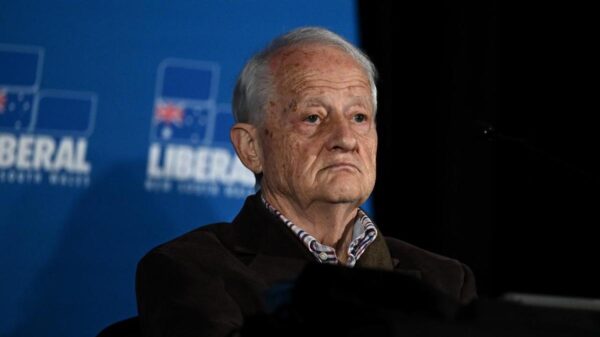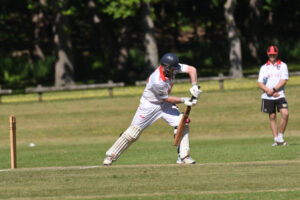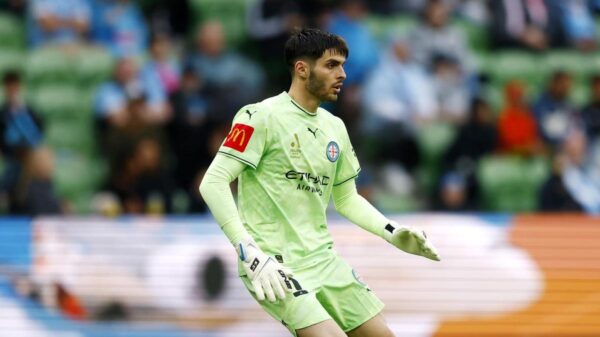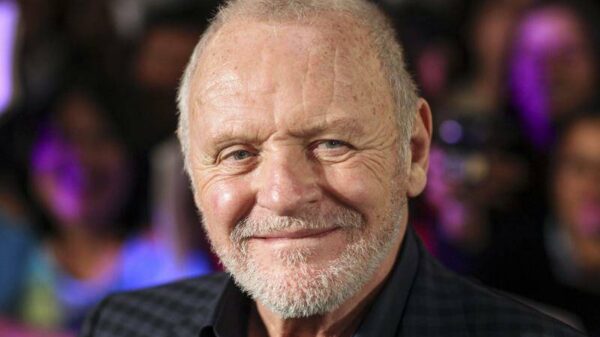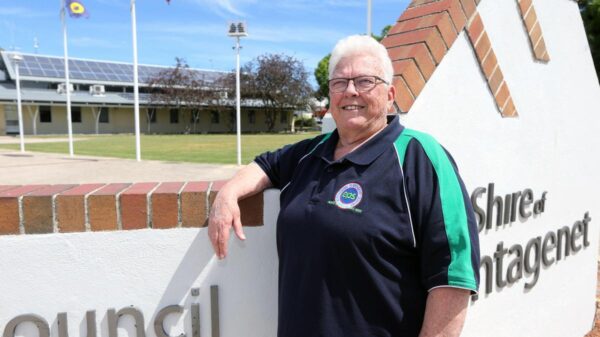CSL, the global biotechnology company, is grappling with a significant downturn in its US vaccine business due to declining immunization rates. During a recent analyst briefing in Chicago, executives expressed cautious optimism that the situation may improve in the medium term as a potential public health crisis unfolds. This crisis, they believe, could prompt a resurgence in vaccination as millions of Americans face illness from preventable diseases.
Dave Ross, general manager of CSL Seqirus, highlighted the “significant vaccine fatigue” currently affecting the US population. He noted that approximately 60 million fewer Americans are receiving vaccinations annually compared to the peak levels experienced during the COVID-19 pandemic. “This is quite honestly a staggering number from a public health perspective, one that will not go without real consequences in cost,” Ross stated.
The company has recently downgraded its earnings and revenue forecasts, anticipating a 12 percent decline in vaccination rates for the current year. In light of these challenges, CSL has decided to postpone plans for a spin-off of its Seqirus unit on the Australian Securities Exchange. Following this announcement, CSL’s shares plummeted by 15 percent, adding to a series of losses that began after a restructuring announcement in August.
Ross mentioned that the US faces close to 52,000 deaths and incurs an economic burden of approximately $11.2 billion annually due to influenza. He attributed the falling vaccination rates to reduced public health funding and staffing at key institutions. Additionally, the previous administration’s anti-vaccine rhetoric has contributed to hesitancy among healthcare providers in recommending vaccinations.
Analysts observing CSL’s performance have noted that the company’s earnings guidance appears conservative. Paul Grace, a healthcare analyst at E&P Financial Group, commented on the situation, suggesting that while concerns about US vaccine hesitancy are valid, there are indicators that the situation may not be as dire as CSL’s guidance suggests. “We think some conservatism is warranted given recent misses, but the mismatch is creating some concern that something else could be wrong or at risk,” Grace explained.
Despite the challenges in the US market, Ross emphasized potential growth opportunities for CSL’s vaccine business in other regions with higher immunization rates, such as Germany and France. He pointed out that the US pediatric market, valued at approximately $500 million, presents a significant opportunity where CSL holds a 15 percent market share.
The company’s latest investor presentation did not boost its share price, which has seen a decline of nearly 40 percent since August, resulting in a loss of around $40 billion in market valuation. On the day of the briefing, shares closed at $176.34, down by 0.65¢.
Investors have reacted negatively to CSL’s restructuring plan, which includes a reduction of 3,000 jobs as the company consolidates its global research and development network. Concerns are also mounting regarding slowing growth in CSL’s core blood plasma business. The company’s other divisions, Behring and Vifor, are scheduled to update investors on their performance later this week.
As CSL navigates these challenges, the focus remains on the potential for recovery in the US vaccine market and the broader implications for public health. The company is committed to adapting its strategies to address the evolving landscape of vaccine hesitancy and disease prevalence, with hopes that increased awareness and illness will drive a return to higher vaccination rates.















